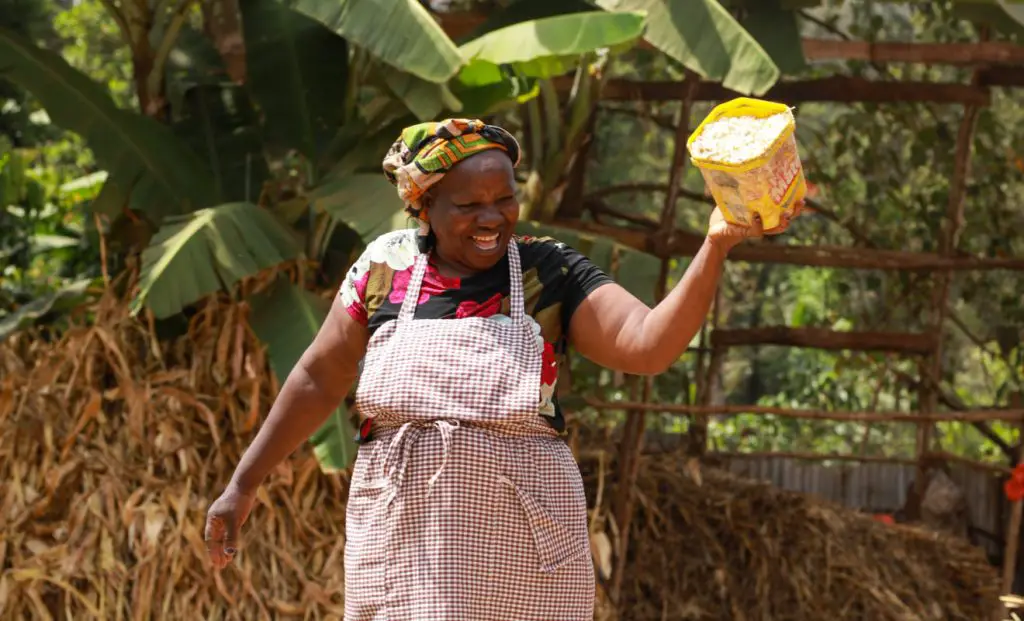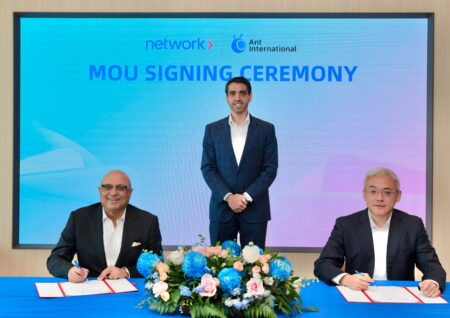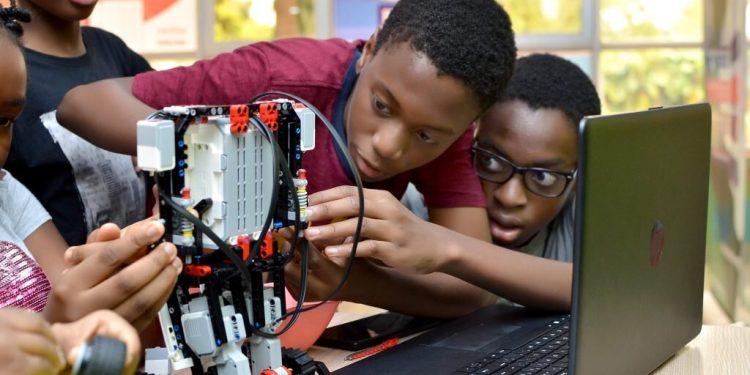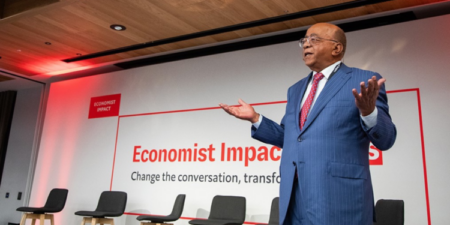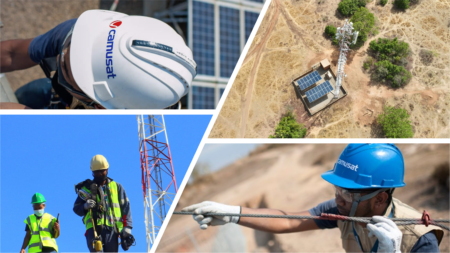- The firms were recognised for their tech prowess and focus on solving some of the world’s most pressing issues
- The 2022 cohort of Technology Pioneers is already bringing great changes to industries around the world, WEF said
- Three out of the six companies featured on the list from Africa are located in Kenya
Six African startups have been named among this year’s top 100 global tech companies by the World Economic Forum.
The six firms were lauded for their efforts singling them at the forefront of their industries around the world.
In addition to their tech prowess, the firms are focused on solving some of the world’s most pressing issues such as climate change, cybersecurity, and more, WEF said in a statement.
“The 2022 cohort of Technology Pioneers is already bringing great changes to industries around the world,” Technology Pioneers Community Lead, World Economic Forum Saemoon Yoon said. “By joining this community these emerging tech leaders can continue to show not only the impressive tech advancements within their firms but also how their companies are helping to build a better future for us all.”
The WEF’s 2022 Technology Pioneers community shows that three out of the six companies featured on the list from Africa are located in Kenya.
Kenyan startups to watch
In the East African powerhouse, agriculture insurance startup Pula Advisors was featured on the list for its innovation and impact in using technology to provide agriculture insurance to millions of smallholder farmers in emerging markets.
The firm which was founded in 2014 has used technology products through agriculture insurance and digital agronomy to advise and ensure many farmers adapt to an increasingly unpredictable climate.
“Farmers in emerging markets are the most hardworking citizens of the world yet the most likely to already feel the impact of climate change. The future is in farmers’ hands; they only need the appropriate technology and tools and then they can feed the world,” The firm’s CEO Thomas Njeru said.
Pula operates across 16 countries in Asia and Africa and has listed about 6 million smallholder farmers.
Kenyan Logistics tech startup Sendy was also featured for its role in building fulfillment infrastructure for e-commerce and consumer brands.
Sendy offers services for e-commerce, enterprise, and freight delivery for a client list that includes Unilever, DHL, Maersk, Safaricom, and African online retailer Jumia.
The firm was founded by CEO Mesh Alloys in 2015 alongside Kenyans Evanson Biwott and Don Okoth and American Malaika Judd.
The startup currently has offices in Kenya, Tanzania and Uganda, with 5,000 vehicles on its platform that move all sorts of goods, according to Alloys.
Sendy’s cross-continental operations have served over 100,000 enterprises and individuals through an on-demand fleet and completed millions of deliveries thus far.
It recently grew to help meet the needs of its customers across Africa through Fulfilment, Freight, and Supply, providing first-to-last-mile delivery for packages and cargo, as well as everything in between.
Access Afya on the other hand was recognised for offering high-quality healthcare for the global mass market.
The Kenyan e-health startup has developed a modern, digitised healthcare operating system for the urban poor in Kenya, and maintains a chain of clinics, pharmacies, and mobile health facilities for patients across the East African country.
Access Afya’s tech-enabled primary health clinics in Kenya have served over 350,000 patients.
The company’s digital system, AfyaSmart, tracks numerous quality indicators to ensure consistent and effective care every time.
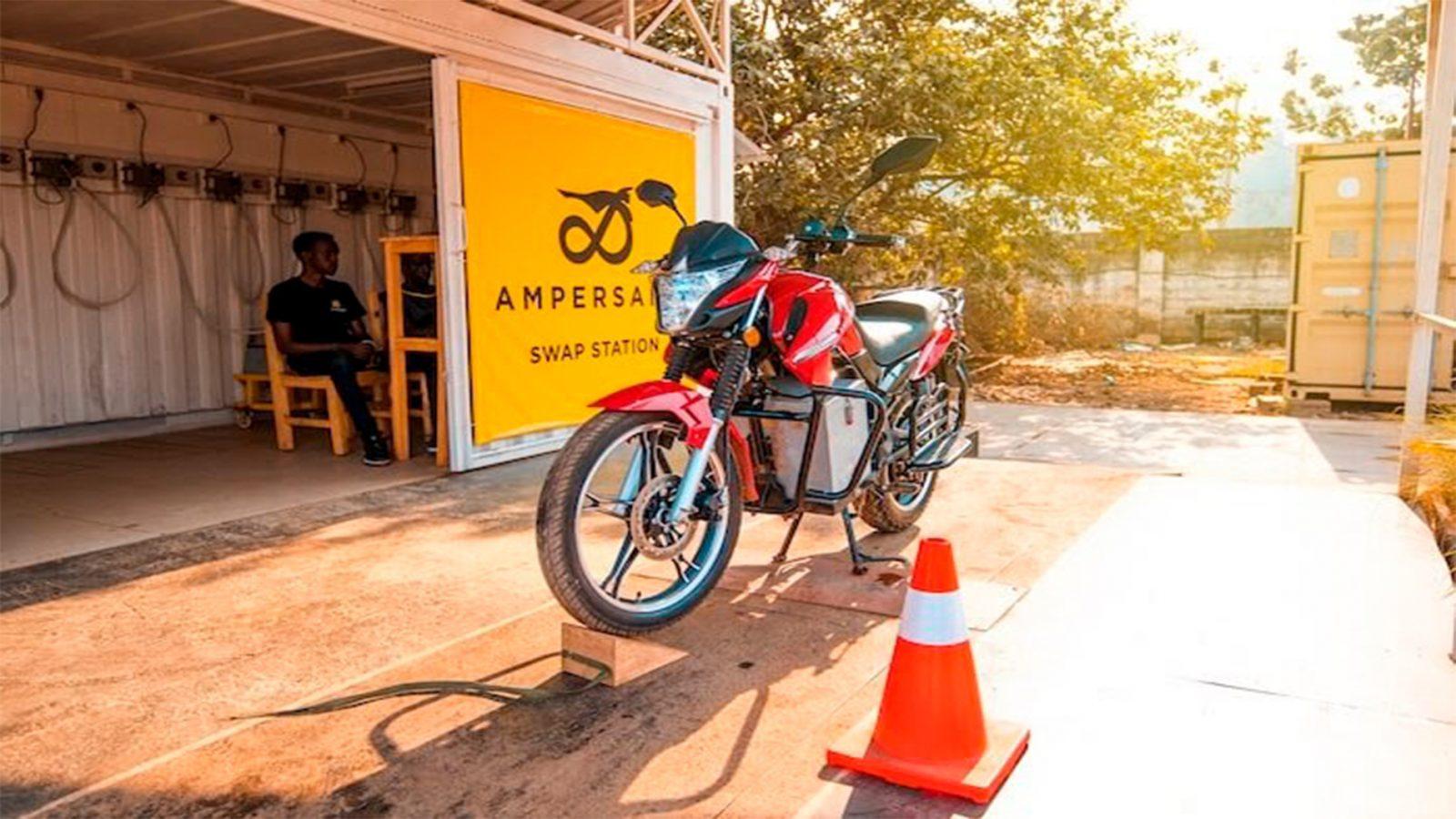
More contenders
Other firms on the list from Africa include Rwanda’s Ampersand.
The firm is currently Africa’s leading battery-swap energy network for light vehicles.
The Rwandan startup is on a mission to spark a mass-market transition to electric mobility throughout the continent, by creating an electric vehicle that costs less to buy, maintain and operate than fuel-powered vehicles.
The firm which was launched in 2019 with 20 e-motos in Kigali is looking to expand across the continent and enable half of all motorcycle traffic across Africa to be electric by 2030.
In Tunisia, Hawkar, an innovative startup aimed at people with reduced mobility, was named among the top 100 startup global pioneers.
The firm created back in 2017 was developed to create an environmentally friendly smart car for people with reduced mobility who want to have a car and need to move long distances every day.
Nigeria’s Okra also made it to the WEF’s list for the digitalizing financial services for Africa.
Read: What next after Nigerian Fintech Unicorn, Flutterwave scandal?





